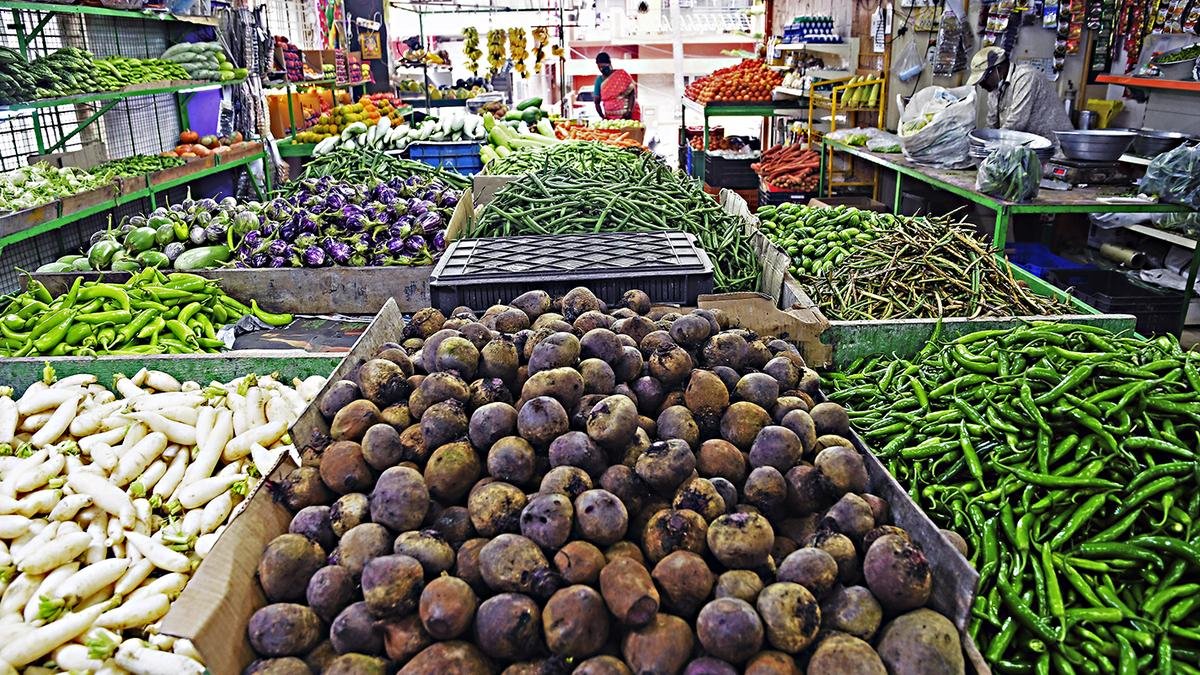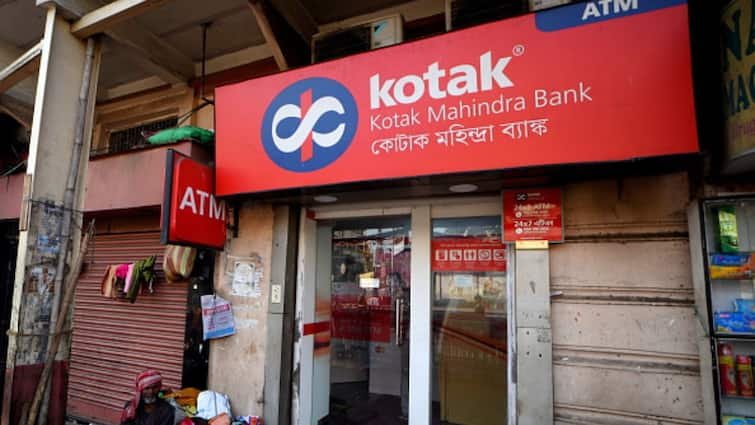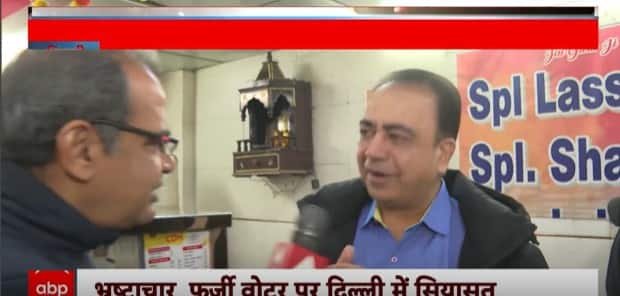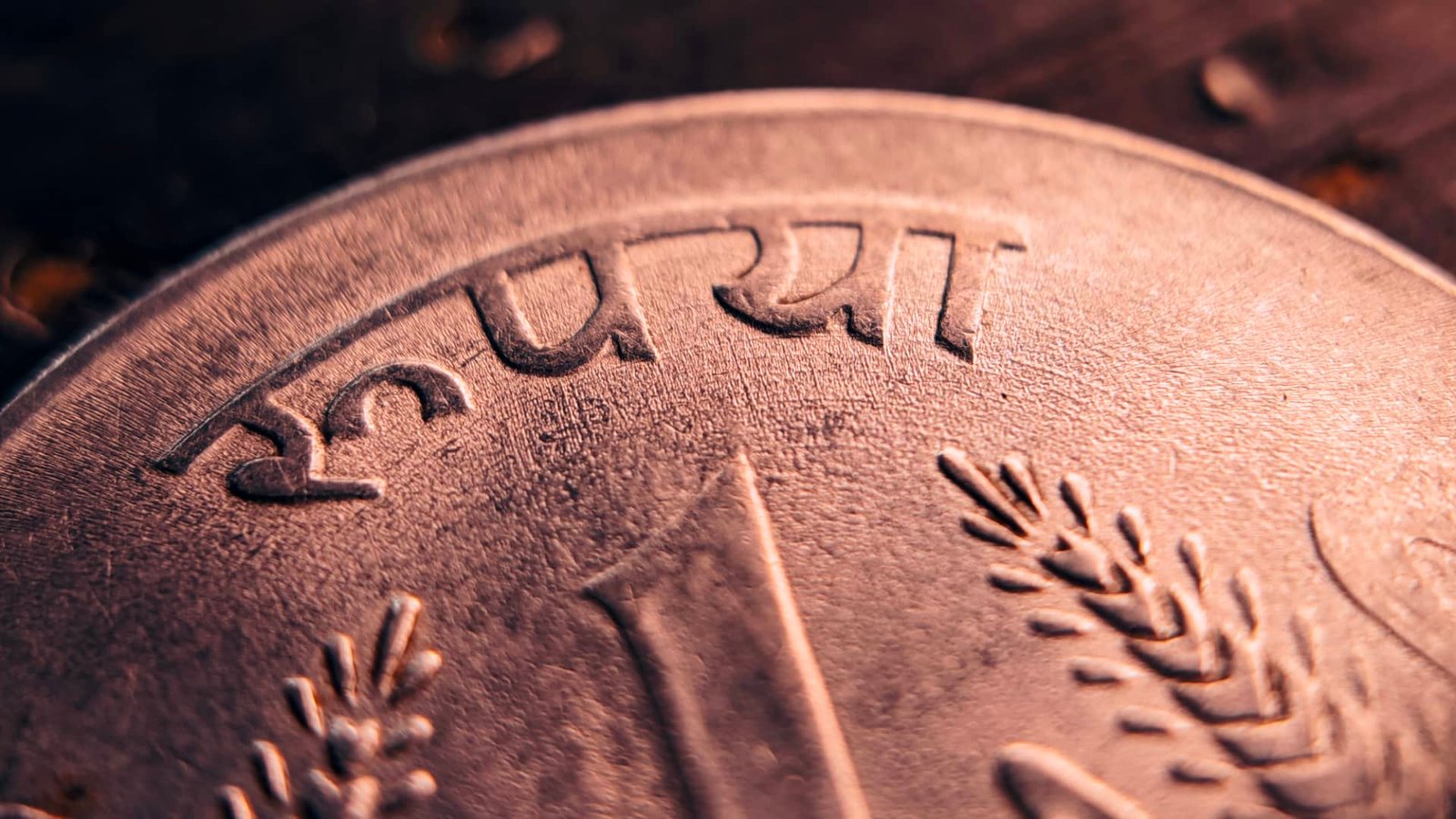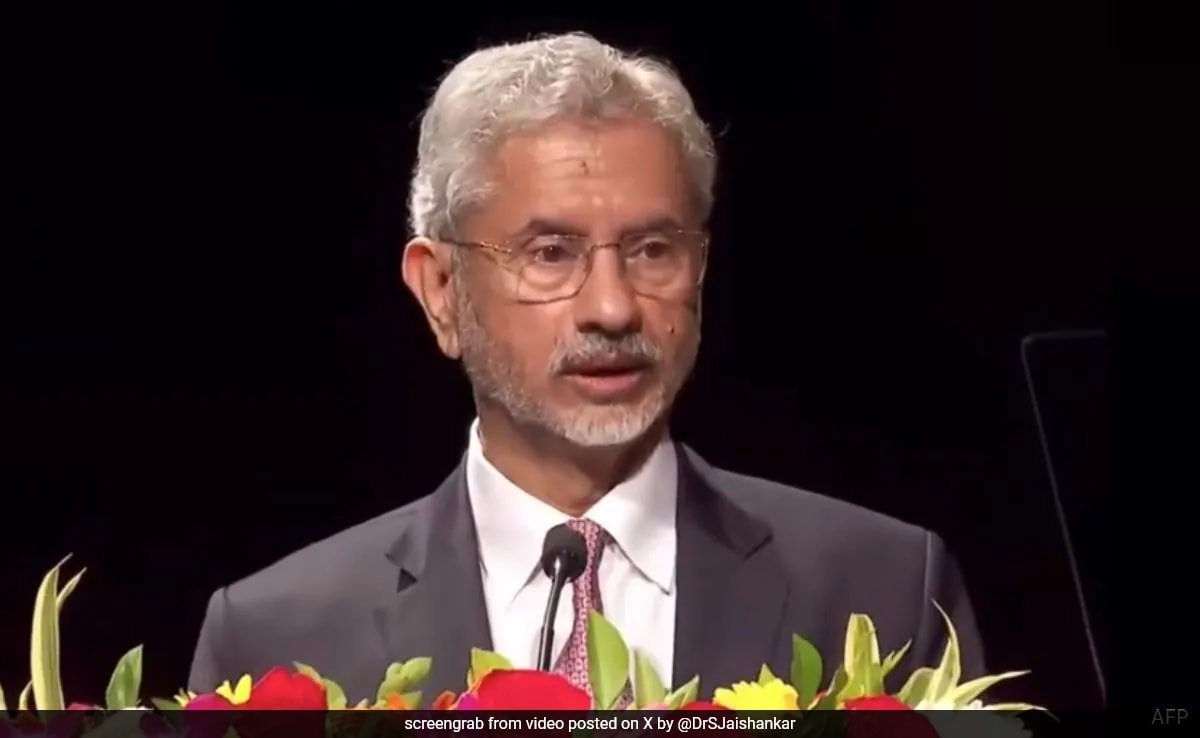Grocery baskets of staples this festive month have become costlier by at least ₹150 to ₹200 per household in Bengaluru as the rates of many kitchen essentials, including pulses and grains, have gone up exponentially in the retail markets.
Most customers noticed that in the last fortnight, the prices of many dals went up by at least ₹25 to ₹30 per kg, if not more. “The price of tur dal has suddenly gone up from ₹160 to ₹190 per kg at a retail shop near my house. The prices of many other pulses and grains have also suddenly increased in such a short period. I had to shell out almost ₹200 more than usual for groceries this month,” said Surya Kumar, a resident of Kodigehalli.
As of October 19, the retail price of tur dal was around ₹190-220 per kg, urad dal was ₹150-160 per kg, moong dal around ₹150 per kg and channa dal was around ₹100-110 per kg. While Sona Masuri rice was selling around ₹70-75 per kg, sugar was selling at ₹45-60 per kg.
Interestingly, in the wholesale markets, the prices of all of these items have gone down by around ₹10 per kg. Traders attribute this to the stock clearance that usually happens around this time of the year. “After monsoons, new stock comes into the market and the demand for the old ones reduces. Hence, as there is a need to clear the old stock quickly, the price naturally goes down a little,” explained Ramesh Chandra Lahoti, president, Federation of Karnataka Chambers of Commerce and Industry (FKCCI), and a food grain merchant.
The price of tur dal in wholesale market was ₹135-165 per kg, urad dal was ₹100-150 per kg, moong dal was ₹100-105 per kg and channa dal was ₹90-100 per kg on October 19. The price of one year old Sona Masuri rice was ₹54-58 per kg and sugar, was ₹41 per kg.
When asked about the price difference between wholesale and retail, Mr. Lahoti said, “The retailers always attribute the price difference to their logistical costs. But now, they must revise their prices to balance the market.”
Onion, tomato and potatoes get costlier
Due to weather fluctuations, the prices of essential vegetables like onion, tomato and potato have also gone up.
“The old onion crops from Maharashtra are the best lot available now. They are sold wholesale at ₹54 per kg. The newer crops from Chitradurga, Bagalkote, Belagavi, Hubballi and other parts of Karnataka have lost their shelf lives due to rainfall at the time of harvest. They are about ₹10 cheaper than the Maharashtra variety, but they should be consumed within a couple of days and cannot be stocked up,” said B. Ravi Shankar, secretary of Onion Merchants Association of Bengaluru.
He said that until January, the quality of onions from Karnataka might not be very good and could lead to a further price rise. In retail, onions are selling at ₹60-80 per kg. Tomatoes and potatoes, whose supply has also been affected due to rain, were selling at ₹70-80 per kg and ₹55-65 per kg respectively in retail markets.
Flowers might get costly for Deepavali
With the flower growing regions in and around Bengaluru being lashed by heavy rains in the last few days, the prices of flowers for Deepavali might shoot up, according to experts.
“While 50% of floriculture is conducted in green houses, the other 50% is in open fields. Hence, 50% of flowers have been affected by rainfall. While the price has not gone up yet, it might get expensive for the upcoming Deepavali festival,” said Srikanth Bollapally, director, South India Floriculture Association.
Published – October 19, 2024 02:41 pm IST

